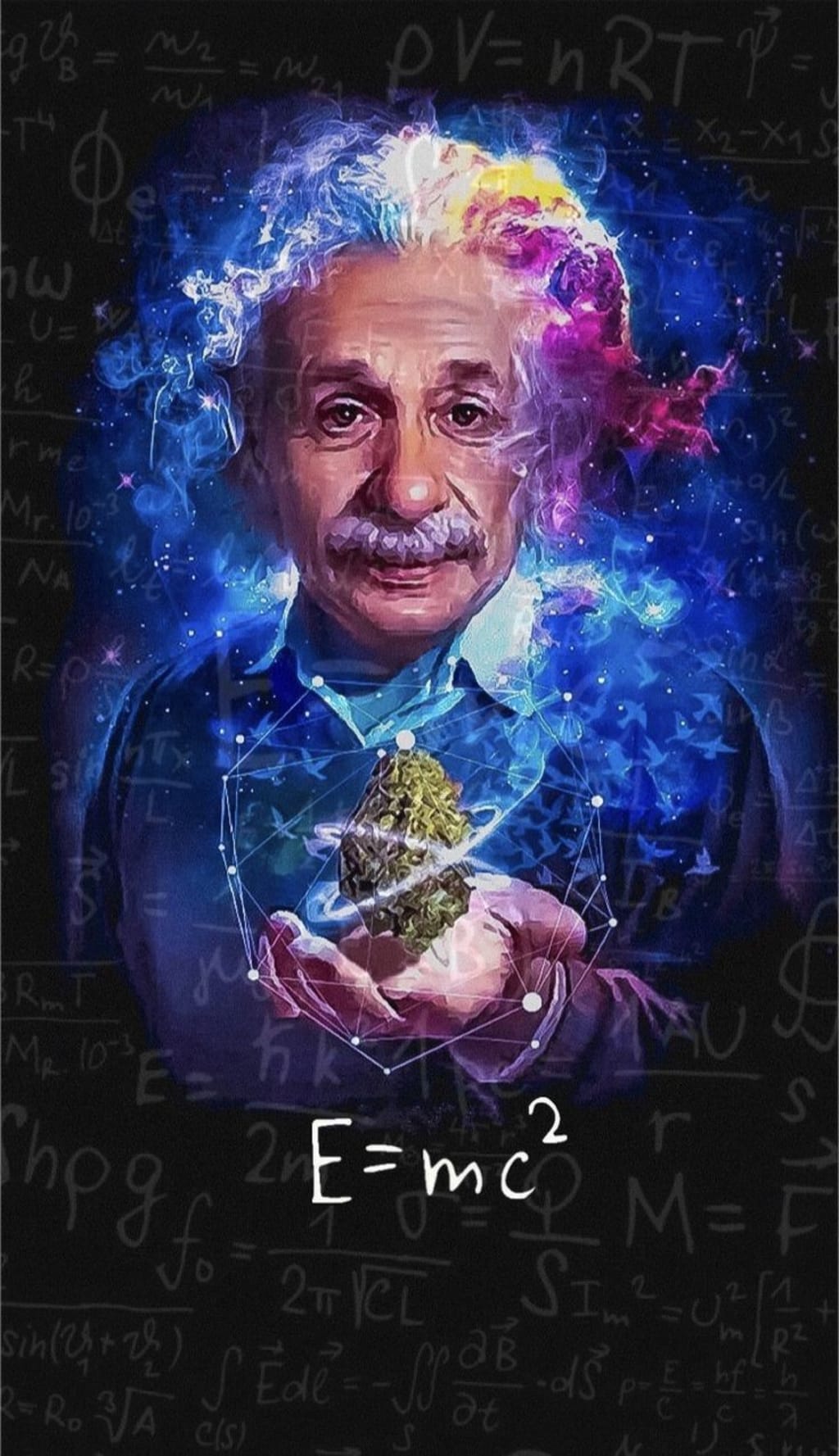The Brilliance of Elbert Einstein: Unraveling the Mysteries of the Universe
"From Curiosity to Genius: The Life and Legacy of Elbert Einstein"

Once upon a time, in the small town of Ulm, Germany, a baby boy was born to Hermann and Pauline Einstein. Little did they know that their son, Elbert, would grow up to become one of the greatest scientists the world had ever seen. Born on March 14, 1879, Elbert Einstein had a curious mind from an early age.
As a child, Elbert was always questioning the world around him. He would spend hours observing the movement of the clouds, the behavior of animals, and the way objects interacted with each other. His inquisitive nature often got him into trouble at school, as he would often challenge his teachers' explanations and propose his own theories.
Despite his rebellious nature, Elbert had an insatiable thirst for knowledge. He spent countless hours reading books in the local library, diving into topics ranging from mathematics and physics to philosophy and literature. His love for learning only grew stronger as he got older.
At the age of 17, Elbert applied to the Swiss Federal Institute of Technology in Zurich. Although he had excelled in mathematics and physics, he failed the entrance exam in other subjects. Undeterred, he attended a Swiss cantonal school to improve his grades and reapplied the following year. This time, he was admitted.
During his time at the Institute, Elbert's brilliance shone through. He immersed himself in his studies, delving deep into theoretical physics. He graduated in 1900, but struggled to find employment. Eventually, he secured a job as a patent examiner at the Swiss Patent Office in Bern. It was during this time that Elbert made some of his most groundbreaking discoveries.
In 1905, which would later be known as his "miracle year," Elbert published four papers that revolutionized the field of physics. One of these papers introduced the concept of special relativity, challenging the long-established Newtonian laws of motion. Another paper explored the photoelectric effect, for which he would receive the Nobel Prize in Physics in 1921.
News of Elbert's groundbreaking work spread quickly, and he soon became an influential figure in the scientific community. He left the Patent Office to take up teaching positions in various universities across Europe, including the prestigious Berlin Academy of Sciences. It was during his time in Berlin that he formulated his most famous equation: E = mc², which described the relationship between energy and mass.
As World War I raged on, Elbert used his influence to advocate for peace and social justice. He joined the pacifist movement and spoke out against the war, believing that scientific progress should be used to benefit humanity rather than to create destruction. His activism often drew criticism and controversy, but Elbert remained steadfast in his beliefs.
In the 1920s and 1930s, as political tensions rose in Germany, Elbert's life took a dramatic turn. He was forced to flee the country due to his Jewish heritage and outspoken views against the Nazi regime. He sought refuge in the United States, where he accepted a position at the Institute for Advanced Study in Princeton, New Jersey.
In the later years of his life, Elbert continued to work on his unified field theory, a quest to unify the fundamental forces of nature. Despite his best efforts, the theory eluded him. Nevertheless, his contributions to science had already solidified his legacy as one of the greatest minds of all time.
Elbert Einstein passed away on April 18, 1955, leaving behind a remarkable legacy. His theories and discoveries continue to shape our understanding of the universe, and his name has become synonymous with genius. But beyond his scientific achievements, Elbert's story serves as an inspiration to all those who dare to question, explore, and strive for a better world





Comments
There are no comments for this story
Be the first to respond and start the conversation.